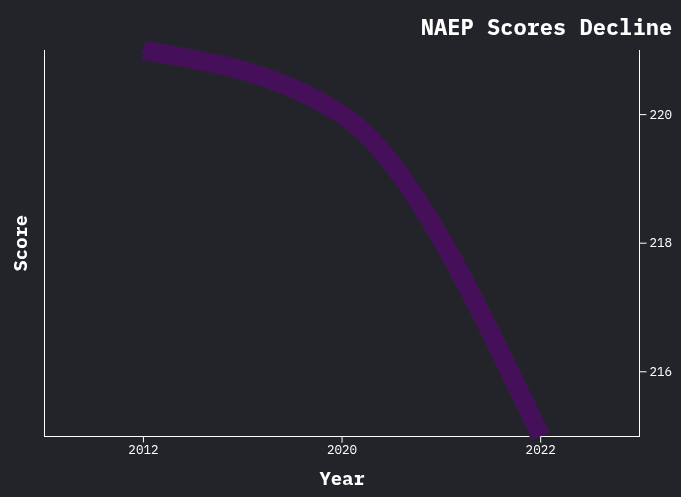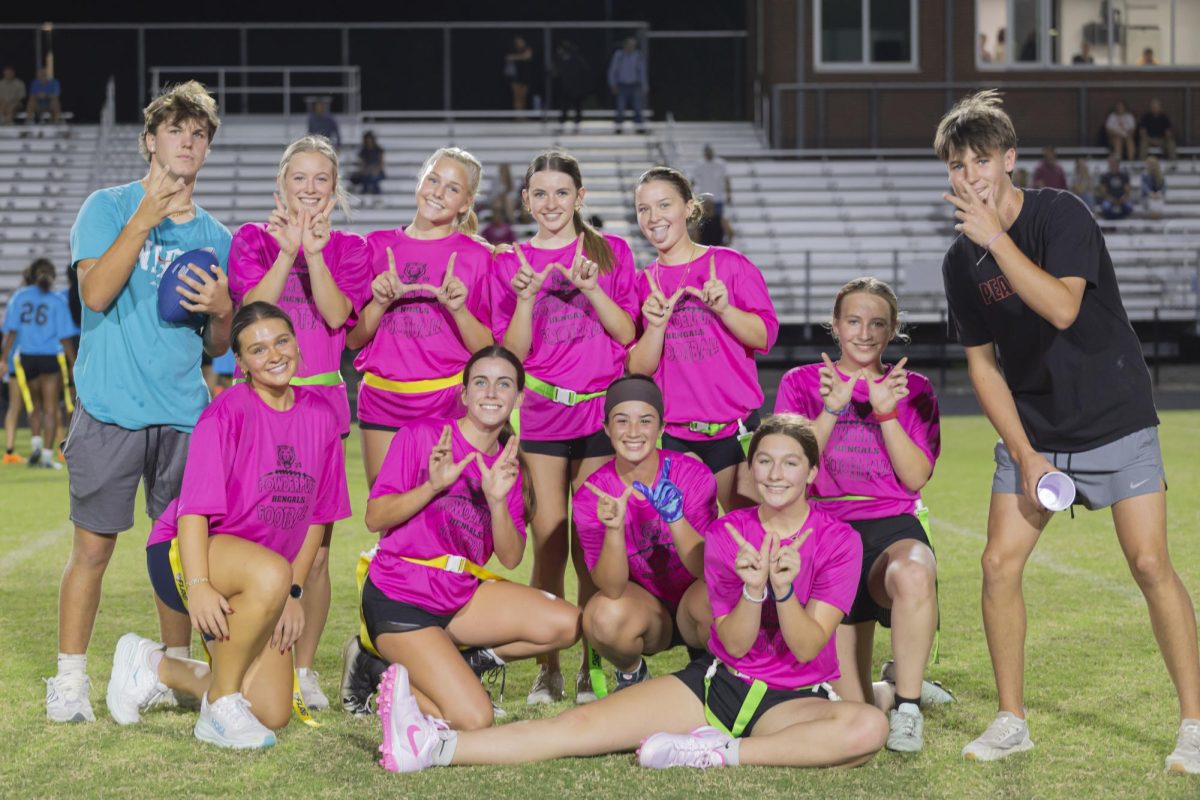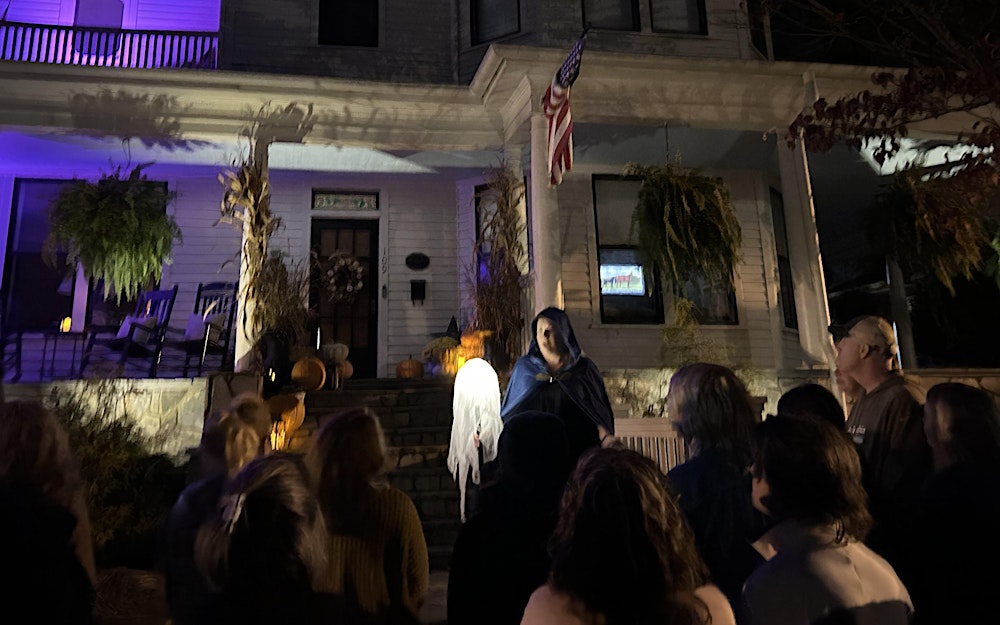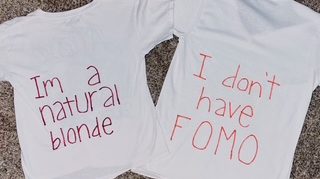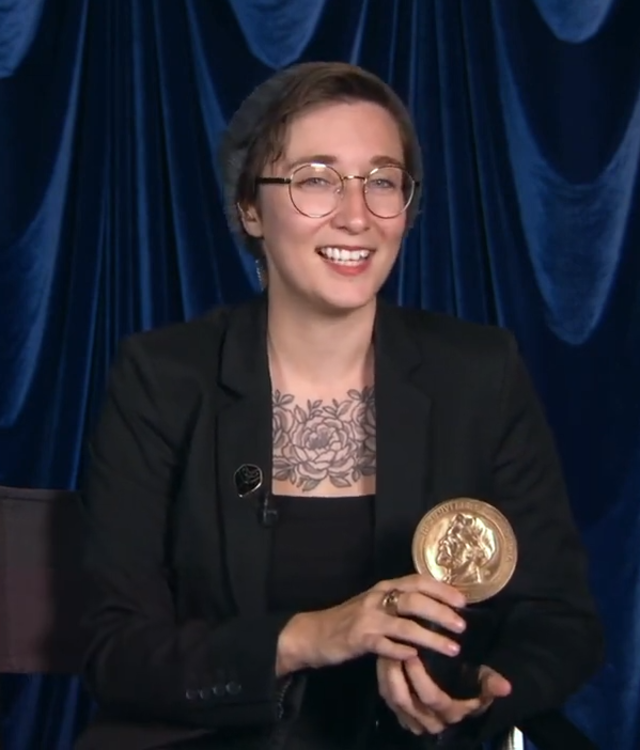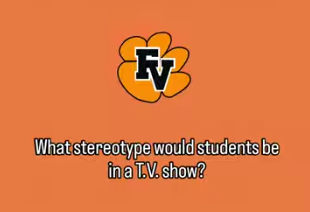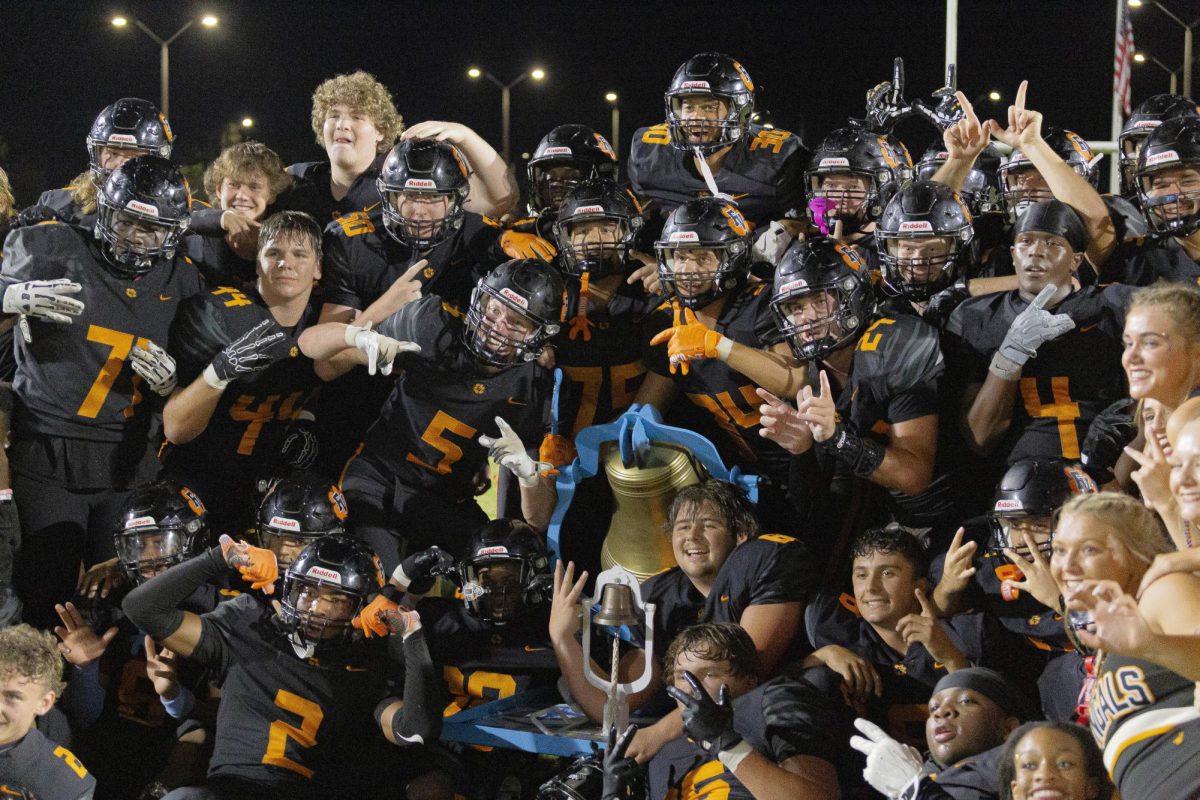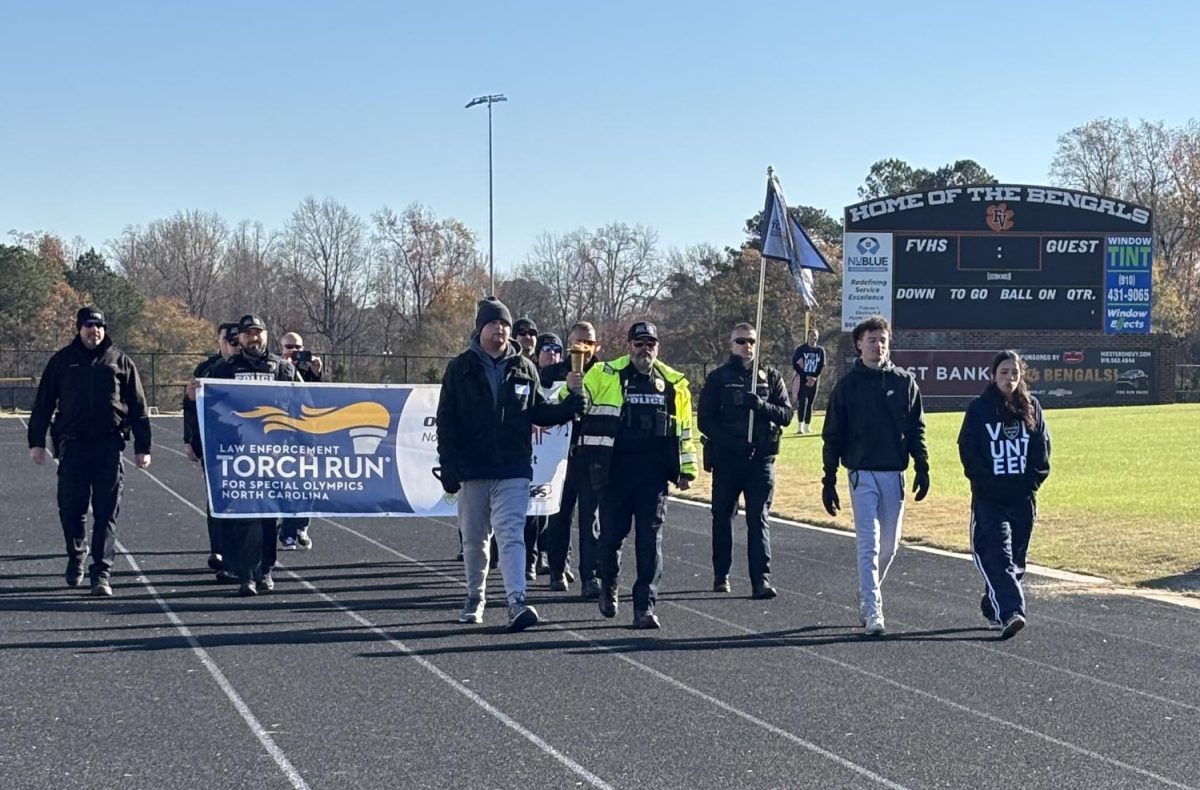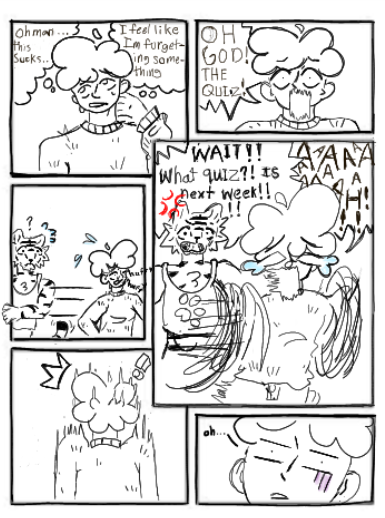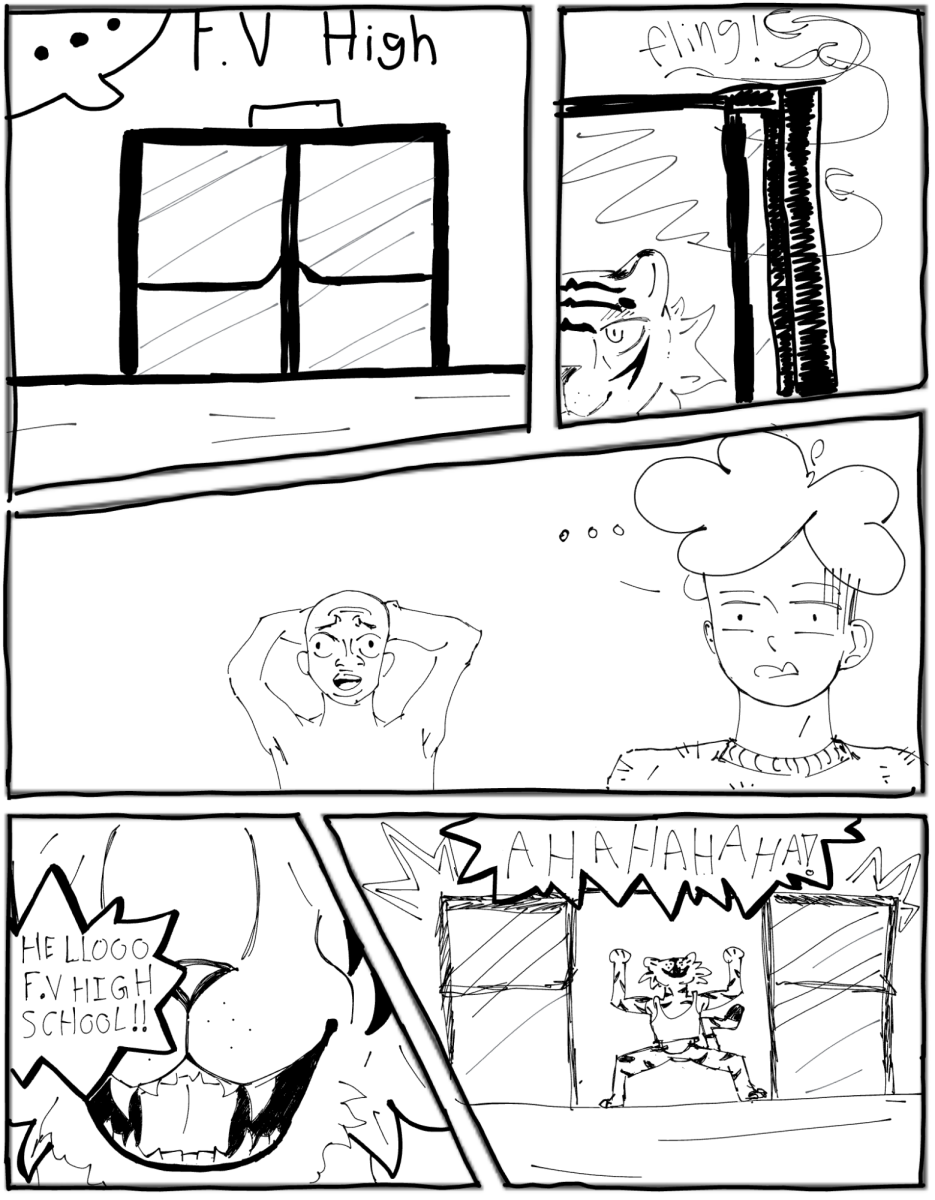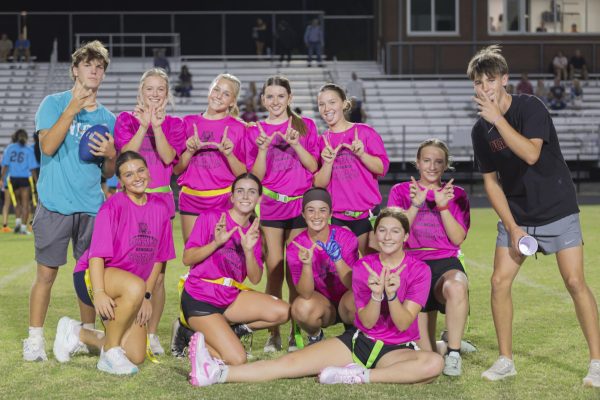UNC admissions scandal
Graphic design created by Aynsleigh Penland using Canva’s Presentation software
As many FVHS students recently received their decision from UNC, attention has been brought to the SFFA v. UNC supreme court case. The Students For Fair Administrations (SFFA) sued the University of North Carolina, in November of 2014, over their admissions process. The case accuses UNC of violating the 14th Amendment by using race as a factor in admissions. The court ruled in favor of the university in the US District Court; however, the SFFA v. UNC case was appealed to the Supreme Court on Nov. 11, 2021, and they began to hear oral arguments on Oct. 31, 2022.
The previous case of Grutter vs. Bollinger argued and decided in 2003, ruled that the University of Michigan used race as a factor in their rejection of Barbara Grutter. Grutter v. Bollinger posed the question, “Does the University of Michigan Law School’s use of racial preferences in student admissions violate the Equal Protection Clause of the 14th Amendment or Title VI of the Civil Rights Act of 1964?”
A similar case, that questioned Harvard University’s admissions process, dealt with denying Asian Americans in favor of white applicants. This case poses the same question as Grutter v. Bollinger, but towards a different minority.
The question of the SFFA v. UNC case states, “May institutions of higher education use race as a factor in admissions? If so, does UNC’s race-conscious admissions process violate the 14th Amendment of the Constitution?”
In trying to keep their student diversity at a high percentage, the allegation of admitting one race over others arose. Walking a delicate line, some people have suggested a race-neutral admissions process. Others have posed the question, do the educational benefits of a diverse student body outweigh the sacrifice of academic quality?
The university’s argument is more towards the fact that diversity is needed, rather than the fact that they do not take into account race as much as they are being accused of.
But Associate Justice Elena Kagen stated, “Race is part of the culture and the culture is part of the race, isn’t it? I mean, isn’t that slicing the bologna awfully thin?”
The result of this court case, expected to be ruled on this year, could affect the future of many upcoming graduates of FVHS. The outcome of the case does not have a definitive action that would occur, but nonetheless, if the case is ruled in favor of the SFFA, the admissions process may change significantly.
Your donation will support the student journalists of Fuquay-Varina High School. Your contribution will allow us to purchase equipment and cover our annual website hosting costs.









